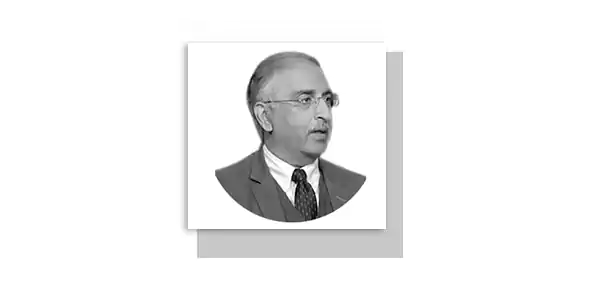As Pakistan prepares for General Elections 2024, political parties are weaponizing Facebook, YouTube, WhatsApp, Instagram, Twitter and TikTok. Automated bot accounts, false claims of election fraud, fake news stories, doctored images, misleading information, disinformation campaigns, fabricated endorsement, manipulated videos, and conspiracy theories will impact voter decisions and exacerbate existing social tensions.
In 2018, the voter count stood at 106 million. Fast forward to 2024, and the total number of voters has surged to 127 million. Among these 127 million voters, 85 million or 67% fall within the 18 to 45 age bracket. Simultaneously, the broadband subscriber base has experienced substantial growth, escalating from 55 million in 2018 to 126 million.
The demographics of Pakistan’s electorate make it highly susceptible to the tactics of ‘computational propaganda’; the use of automated algorithms and bots to manipulate public opinion, spread misinformation, sway voter behavior, shape narratives, impact the electoral process, and influence election outcomes.
Voters, be cautious, as bots and automated accounts are poised to magnify specific narratives, target specific demographics, and craft an illusion of extensive support or opposition for a candidate or issue. Caution, voters: automated accounts will be flooding Facebook, YouTube, WhatsApp, Instagram, Twitter and TikTok with coordinated messages, hashtags, and content to manipulate trending topics, control online discussions, and influence public opinion in favor of or against certain candidates.
Attention, voters: computational propaganda will try to exploit existing social and political divisions by amplifying polarizing content and exploiting echo chambers. Political parties will be using these tactics to deepen societal fractures, potentially influencing electoral outcomes by fostering hostility or reinforcing pre-existing biases.
Caution, voters: Bots will be diligently manipulating the perceived popularity or unpopularity of candidates by artificially inflating or deflating online engagement metrics. This deceptive practice will create a false sense of momentum for a particular candidate, affecting public perception.
Unfortunately, this weaponization can contribute to the erosion of trust in democratic institutions, about the electoral process, candidates, and the reliability of election results. This can create a sense of uncertainty and undermine faith in the democratic process itself.
To be certain, there is an increasing imperative for regulatory measures to counter the misuse of technology in political contexts and to safeguard the integrity of democratic processes. Such measures include the enforcement of stringent laws to identify and eradicate automated accounts and bots. Additionally, conducting public awareness campaigns to educate citizens about the potential risks of technology misuse in politics and implementing rapid response mechanisms to promptly address emerging threats, including misinformation campaigns and cyber attacks on democratic processes.
Facebook reigns supreme in Pakistan and this is where political parties have seized the opportunity, crafting narratives carefully tailored to resonate with their target audiences. The emergence of Deep Fakes adds a potent dimension to their arsenal.
We must not become tools of political parties in spreading their dangerous propaganda. We must not blindly share. We must not believe everything we read or see on social media. We must be critical of what we read. And, it is imperative to fact-check information, particularly when it concerns Pakistan’s critical and vital institutions.










